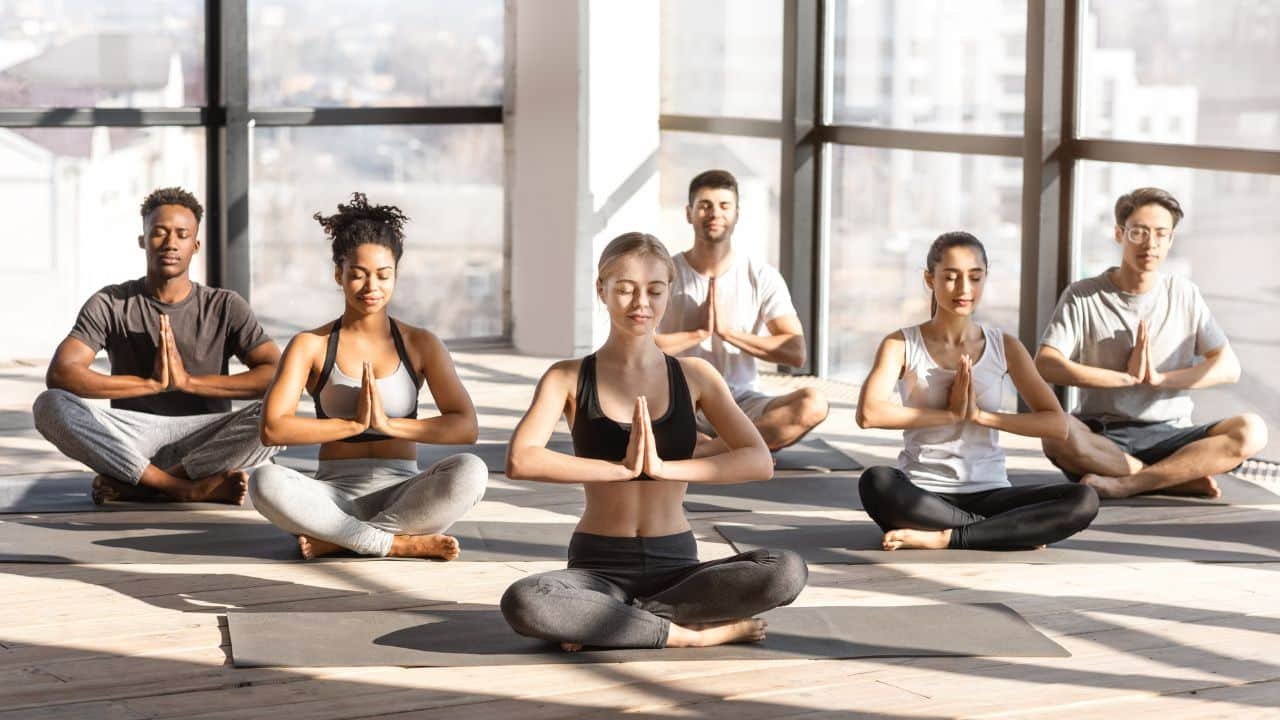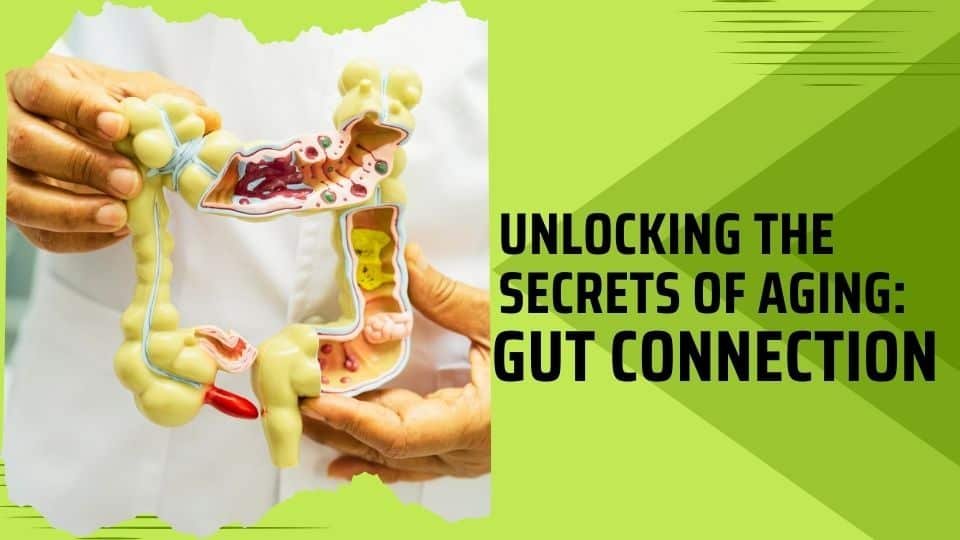Welcome! Today, we’ve got an exciting topic to dive into – heated yoga as a treatment for depression. But don’t worry; we’ll break it all down for you in simple terms while keeping the science intact.
Before we get started, make sure to hit that subscribe button and the notification bell so you never miss out on our intriguing discussions. Let’s begin!
We all know how important mental health is, and depression can be a tough challenge to overcome. Traditional treatments often include therapy and medications, but researchers have been exploring alternative therapies, like heated yoga. Now, you might be wondering what precisely heated yoga is.
Heated yoga is a particular type of yoga where the practice takes place in a hot and humid room with a temperature of 105°F. The heat is cranked up, and participants engage in yoga postures and breathing exercises while sweating it out. It’s like a regular yoga session but with the thermostat set to tropical temperatures.
So, how can heated yoga help with depression? Well, a study published in the Journal of Clinical Psychiatry, which was conducted by researchers at Massachusetts General Hospital, aimed to find out. Here’s what they did:
The researchers conducted an 8-week randomized controlled trial (RCT) from March 2017 to August 2019. They took 80 adults with moderate-to-severe depression and divided them into two groups: one group did heated yoga, while the other group served as a waitlist control.
The yoga group attended heated yoga classes at community studios at least twice weekly. Meanwhile, the control group waited for their turn. After the eight weeks, they collected and analyzed data to see how heated yoga affected depression. They used a special scale called the Inventory of Depressive Symptomatology—Clinician Rated (IDS-CR) to measure these changes.
Now, let’s talk numbers. The study initially included 80 participants, and after the analysis, 65 remained. A total of 33 participants in the yoga group and 32 in the waitlist group were included in the analysis. The average age was about 32.7 years, with more than 80% of them being female.
At the start, the participants had an average depression score of around 35.6. Interestingly, those who did heated yoga experienced a significant reduction in their depression scores. In fact, they saw a notable improvement compared to the control group.
You can also view this article: Unveiling Ketamine’s Power: The Secret Breakthrough in Depression Treatment!
To put it even more plainly, more people in the yoga group, that is, 59.3% of yoga participants, had a 50% or greater decrease in symptoms compared with 6.3% of waitlist participants. Moreover, 44% of people in the yoga group achieved such low IDS-CR scores that their depression was considered in remission.
But it’s not just about the numbers. What did the participants themselves think about heated yoga? In exit interviews, they reported positive experiences. They enjoyed heated yoga and spoke highly of its effects on their mental well-being.
So, in a nutshell, the study suggests that attending about one heated yoga session per week for eight weeks can significantly reduce depression symptoms. It’s not just about the body; it’s also about the mind.
This research is just the beginning. While the results are promising, there’s a need for further studies, especially with active control groups, to explore the benefits of heated yoga even more.
If you’ve been struggling with depression, maybe consider giving heated yoga a try. It could be a valuable addition to your mental health toolkit. Of course, always consult with a healthcare professional before making any significant changes to your treatment plan.
And there you have it, a fascinating look into the world of heated yoga and its potential to alleviate depression.
Take care, and remember, there’s always hope on your journey to better mental health.
Glossary:
- Heated Yoga: A particular type of yoga practice conducted in a hot and humid room with a temperature of 105°F, where participants engage in yoga postures and breathing exercises while sweating.
- Depression: A mental health condition characterized by persistent feelings of sadness and a lack of interest or pleasure in activities, often requiring treatment.
- Journal of Clinical Psychiatry: A publication where scientific research related to clinical aspects of psychiatry is often featured.
- Randomized Controlled Trial (RCT): A type of scientific study where participants are randomly assigned to different groups to test the effects of a treatment or intervention.
- Inventory of Depressive Symptomatology—Clinician Rated (IDS-CR): A special scale used to measure changes in depressive symptoms, often administered by clinicians.
- Remission: A state in which the symptoms of depression have significantly decreased or disappeared.
- Exit Interviews: Conversations or discussions conducted with study participants after the study’s completion to gather their thoughts and feedback.
- Mental Well-Being: Refers to the emotional and psychological state of a person, often used to describe feelings of contentment and happiness.
- Active Control Groups: A group in a scientific study that receives a treatment that is intended to have some effect, in contrast to a placebo or no-treatment control group.
Journal Reference:
Maren B. Nyer, Lindsey B. Hopkins, Megha Nagaswami, Richard Norton, Chris C. Streeter, Bettina B. Hoeppner, Chloe E. C. Sorensen, Lisa Uebelacker, Jill Koontz, Simmie Foster, Christina Dording, Naoise Mac Giollabhui, Albert Yeung, Lauren B. Fisher, Cristina Cusin, Felipe A. Jain, Paola Pedrelli, Grace A. Ding, Ashley E. Mason, Paolo Cassano, Darshan H. Mehta, Christina Sauder, Charles L. Raison, Karen K. Miller, Maurizio Fava, David Mischoulon. A Randomized Controlled Trial of Community-Delivered Heated Hatha Yoga for Moderate-to-Severe Depression. The Journal of Clinical Psychiatry, 2023; 84 (6) DOI: 10.4088/JCP.22m14621



 By
By










